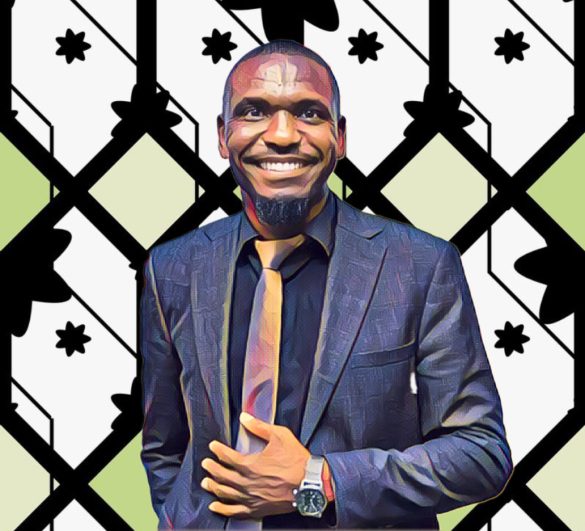KEY POINTS
-
HSTV journalist Blessed Mhlanga was granted bail after 72 days in detention over the airing of press conferences critical of the Zimbabwean president.
-
Legal and media rights organizations have condemned the arrest as a politically motivated attempt to suppress press freedom.
-
Mhlanga’s release comes amid growing concerns about media repression and government efforts to control public discourse in Zimbabwe.
High Court Judge Justice Gibson Mandaza has ordered the release of investigative journalist Blessed Mhlanga on bail, following a prolonged detention of 72 days.
Mhlanga, who works with Heart & Soul Television (HSTV), had been incarcerated since his arrest in connection with the network’s coverage of politically sensitive press conferences.
The journalist was taken into custody shortly after HSTV aired statements from former Zanu PF central committee member Blessed Geza. In the broadcasts, Geza openly called for the resignation of President Emmerson Mnangagwa — a bold political move that allegedly prompted state authorities to clamp down on those involved in its dissemination.
Justice Mandaza set Mhlanga’s bail at US$500, ordering him to report weekly every Friday at the law and order section of the Zimbabwe Republic Police. He was also directed to surrender his passport and avoid contact with any potential witnesses involved in the case.
Mhlanga: Arrest tied to controversial broadcasts
Newsday reports that Mhlanga’s case has drawn criticism from human rights organizations and press freedom advocates, who argue that his arrest was a violation of constitutional protections around free speech and press activity. According to the Zimbabwe Lawyers for Human Rights (ZLHR), the prolonged detention raised serious due process concerns. The group maintained that the charges leveled against Mhlanga were politically motivated.
“The weaponization of legal processes to intimidate and silence journalists is deeply concerning,” said a ZLHR spokesperson. “No journalist should be punished for doing their job — especially when that job includes broadcasting public statements made by political figures.”
The state has not publicly clarified the specific charges against Mhlanga, beyond citing national security and incitement concerns. However, sources familiar with the case say prosecutors were under pressure from senior government officials who viewed the broadcasts as seditious.
Blessed Mhlanga is no stranger to controversy, having previously faced intimidation over stories investigating corruption and abuse of power in Zimbabwe’s public sector. His work with HSTV has made him a visible figure in the country’s increasingly threatened independent media landscape.
Local and international observers have long warned of a deteriorating environment for journalists in Zimbabwe. The Committee to Protect Journalists (CPJ) lists Zimbabwe among the countries where government interference frequently hampers press freedom. According to CPJ’s 2024 report, “Zimbabwean journalists routinely face threats, harassment, arrests, and even physical attacks — particularly when reporting on issues that challenge the ruling establishment.”
In response to Mhlanga’s release, the Media Institute of Southern Africa (MISA) Zimbabwe issued a brief statement welcoming the decision. “While we celebrate Mhlanga’s release, we urge authorities to respect journalistic freedoms and avoid criminalizing the practice of journalism,” the group stated.
The broader context of Mhlanga’s arrest reflects mounting tensions between the state and independent media outlets. Since the 2018 elections, media watchdogs have documented a steady increase in arbitrary arrests of reporters, restrictions on access to public information, and the use of security laws to suppress dissent.
Although granted bail, Mhlanga’s legal battle is far from over. He is expected to return to court in the coming weeks, where the state may formally present charges against him. His legal team, supported by civil society organizations, has vowed to challenge any prosecution on constitutional grounds.
As the judicial process unfolds, many within Zimbabwe and the international community will be closely watching the outcome of Mhlanga’s case — seen by some as a bellwether for the future of press freedom in the country.


